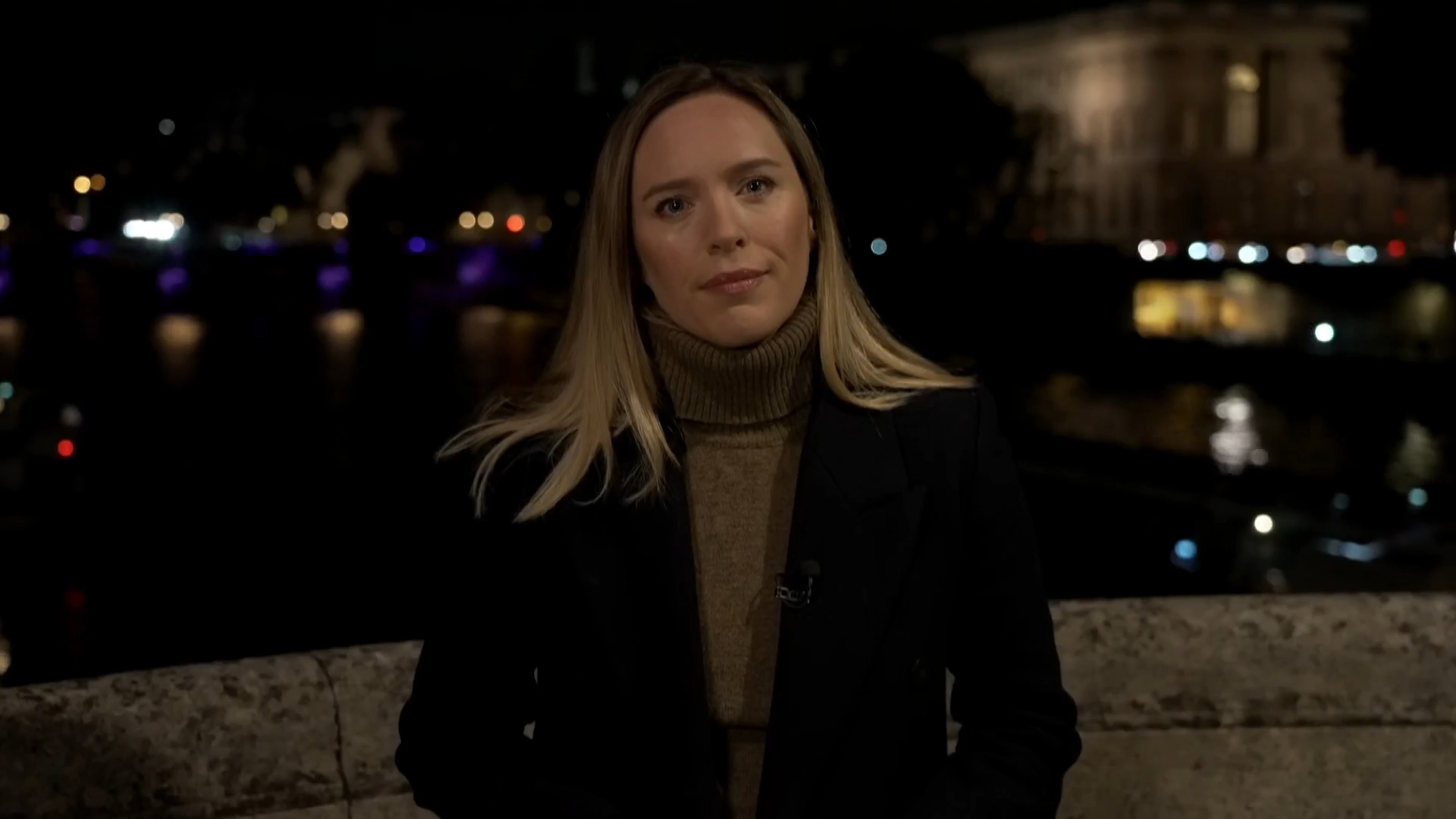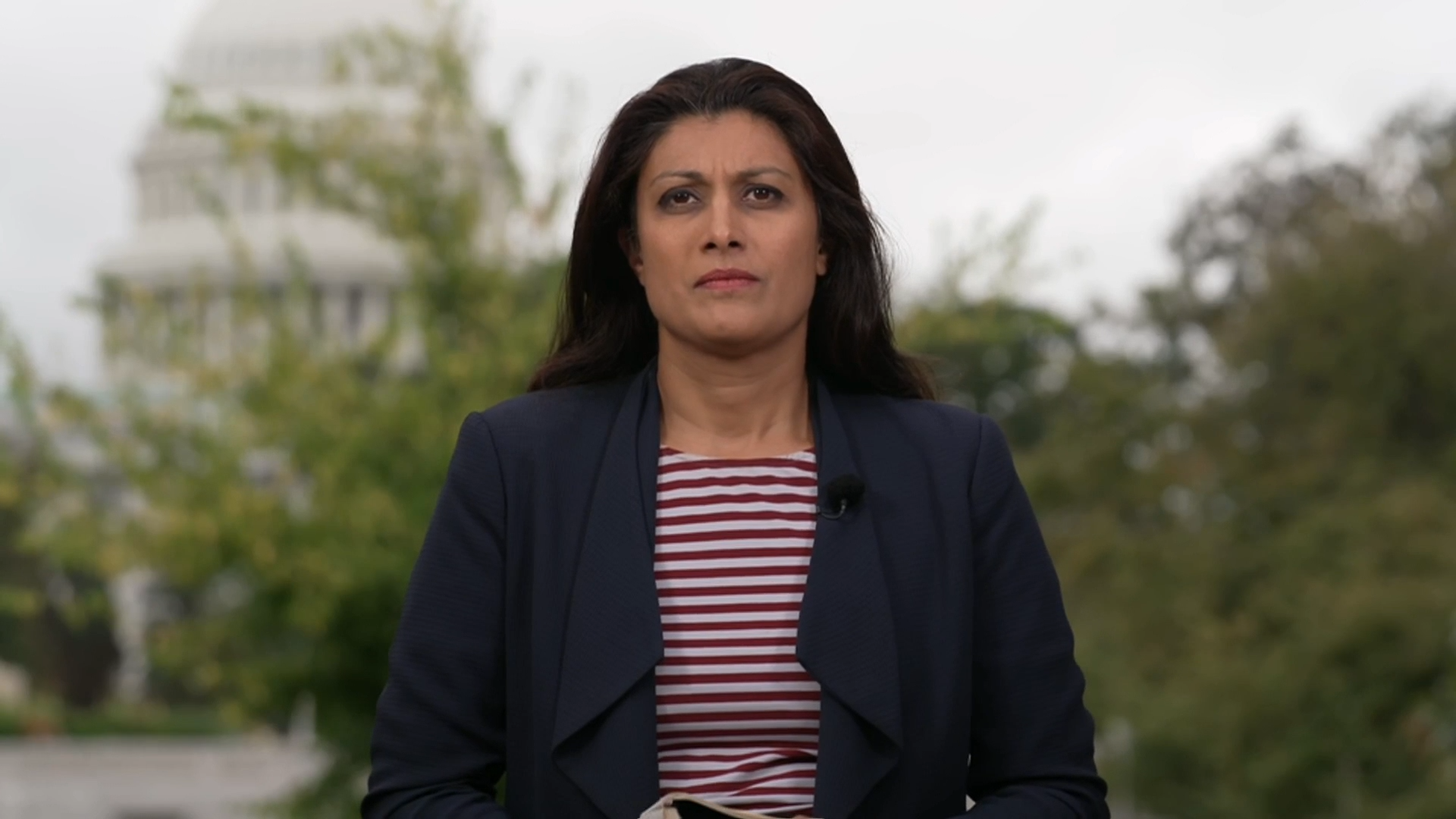Keir Starmer is to examine India’s digital ID system on his visit to Mumbai as a potential model for the UK, praising the system as a “massive success”. Speaking on his two-day trip to Mumbai, where he met an expert on India’s digital ID system, Starmer defended the introduction of a similar measure in the UK, saying he believed the rollout of a voluntary system could be expanded to school applications, mortgages and driving licences. Starmer met Nandan Nilekani, the non-exec chair of the tech company Infosys, to discuss the speed of the rollout in India and the transformation of the benefits system, which has cut bureaucracy – but also caused significant contention over the exclusion of some minorities. India’s version of the scheme – Aadhaar – has been introduced over the past 15 years to almost all of its 1.4bn citizens. Starmer’s spokesperson said the meeting was not about a potential commercial arrangement with Infosys, adding that the government aimed to build its own version of the scheme in the public sector. But his interest in the Indian scheme will be taken as another sign that the government hopes the ID scheme will be part of the UK benefits system in time. Speaking to reporters en route to Mumbai, Starmer said he hoped digital IDs, which have plummeted in popularity since his announcement, would regain public confidence because of the convenience they could provide. “I don’t know how many times the rest of you have had to look in the bottom drawer for three bills when you want to get your kids into school or apply for this or apply for that, drives me to frustration,” he said. “I do think that we could gain a significant advantage. We’re going to a country, India, where they’ve already done ID and made a massive success of it. So one of the meetings I’ll be having is about ID, in relation to that.” The digital ID system in India is far more extensive than that announced by the UK government and holds biometric data as well as residential and contact information. Government sources said there was no intention to copy the system, but to examine the way it was used and implemented, handling 80m transactions a day. It is considered a success, albeit with controversial implications, with estimates it has saved the Indian economy about £11bn in administration and corruption costs. Citizens are given a 12-digit identifying number, which replaces the need for multiple layers of paper documentation to prove their status when they take out bank accounts or apply for state benefits. Prior to the scheme, millions of babies would routinely not be registered at birth, leaving people struggling to access benefits or ways to prove their existence later in life. Critics of the Indian scheme said it was introduced with little protection for personal data, and has caused problems among the poorest citizens, with some said to have been denied medical care or benefits for not having the ID. Phone companies and banks have in some instances threatened to shut down accounts not linked to ID numbers, though a supreme court ruling has said it should not be mandatory for private services or education. Activists have also reported it being used to disenfranchise Muslim voters in the north of the country. Starmer’s spokesperson said the meeting was held because it was “useful to hear from the Indian experience; it has a very different inception and a different system, but it is used 80m times a day”. Asked about some of the controversies with the Indian system, he said the UK system would have a different design – there are no plans to use biometric data so far. “One of core priorities is inclusivity and that’s what the British consultation will be about,” he said. Starmer said the scheme was essential to tackle illegal working, as the ID would be mandatory for employment, but that he hoped it would become a voluntary convenience measure for most British citizens. The prime minister also hinted that the success of the UK’s migrant returns deal with France hinged on the UK making a concerted effort to tackle illegal working. Rightwing parties have put the spotlight on gig economy companies such as UberEats and Deliveroo, where migrant workers have been able to use false identities to work. “We have to have returns agreements with countries, as we’ve got with France, and we need to address the fact that too many people can come to this country and work illegally,” Starmer said. “And that’s why ID mandatory for working is really important. Related: Starmer insists India trade deal will not affect UK visas as he heads to Mumbai “There is a case to be made about the benefits for voluntary ID into other areas, and obviously we need to make that case. I think it’s a really important discussion for us to have. So on the one hand, it’s mandatory for work, but I actually think it would be a good passport.” The government has not identified any private provider that can take part in the scheme, with the tech company Palantir saying it would not do so because the plan was not in the Labour manifesto and therefore had no mandate. All opposition parties have said they would oppose the scheme, and there remain significant misgivings among some Labour MPs about the possibility of snowballing costs and data breaches. Net support for digital ID cards fell from 35% in the early summer to -14% at the weekend after Starmer’s announcement, according to polling by More in Common. Starmer will meet his Indian counterpart, Narendra Modi, on Thursday and make a keynote address at a fintech conference. The prime minister told a business delegation of more than 120 chief executives and cultural leaders that he hoped each one of them would have a deal to sign by the end of the trip. On a visit to a Bollywood production studio, Starmer announced three new Bollywood blockbusters would be made in the UK from next year by Yash Raj Films, creating more than 3,000 jobs. No 10 said deals signed during the trip would create about 7,000 jobs through Indian investment in the UK. Speaking at a visit to a football ground, Starmer denied business leaders had been pressing for liberalisation of visa rules. “None of them have raised with me the question of visas. That wasn’t part of the FTA (free trade agreement),” he said. “What this is about is providing opportunities for them to take advantage of the FTA, and even before it’s fully enforced, the mood is very, very strong between India and the UK.”
Keir Starmer to look at India’s digital ID system during visit to Mumbai
Prime minister hopes to learn from success of scheme rolled out to most of country’s 1.4bn citizens



